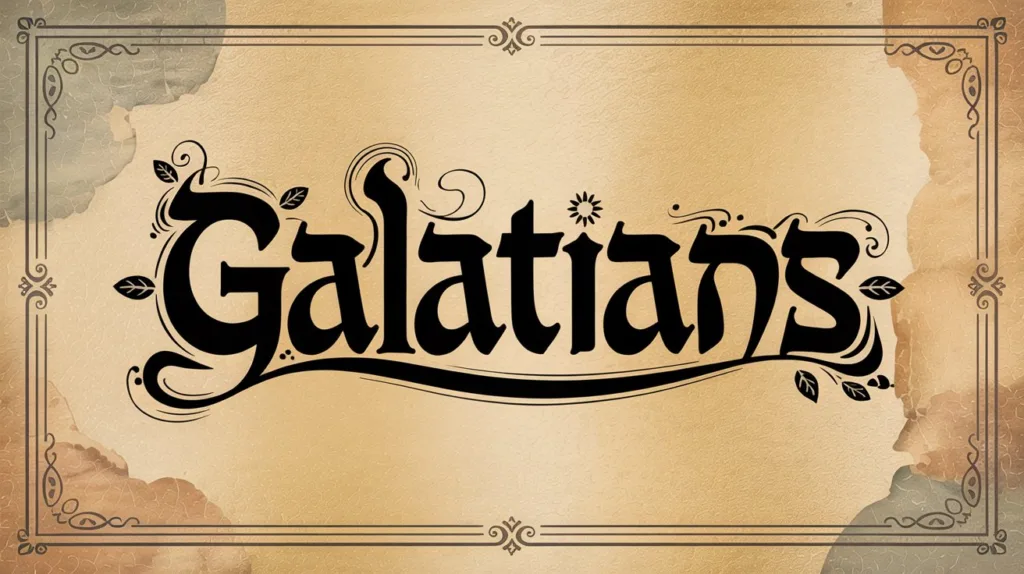Miriam opposed Moses out of jealousy and pride, challenging his unique authority and relationship with God. The conflict is recorded in Numbers 12, where both Miriam and Aaron spoke against Moses:
“Then Miriam and Aaron spoke against Moses because of the Ethiopian woman whom he had married.” (Numbers 12:1)
Though the complaint centered on Moses’ marriage, the real issue was a challenge to his spiritual leadership:
“Has the Lord indeed spoken only through Moses? Has He not spoken through us also?” (Numbers 12:2)
Miriam is listed first, and the Hebrew verb is feminine singular, indicating she was the primary instigator. Her complaint revealed dissatisfaction with Moses’ unique position as God’s chosen leader.
God responded immediately:
“Suddenly the Lord said to Moses, Aaron, and Miriam, ‘Come out, you three, to the tabernacle of meeting.'” (Numbers 12:4)
There, the Lord defended Moses, declaring that he was unlike any other prophet:
“I speak with him face to face, even plainly, and not in dark sayings; and he sees the form of the Lord.” (Numbers 12:8)
As judgment, God struck Miriam with leprosy, a visible sign of uncleanness and disgrace. Aaron pleaded on her behalf, and Moses interceded for her healing. God relented, but she was shut out of the camp for seven days (Numbers 12:10–15).
Miriam’s opposition teaches that spiritual pride leads to judgment. God does not tolerate rebellion against His appointed servants, especially when rooted in envy. It also shows Moses’ humility and willingness to forgive, even when wronged.
This account underscores the seriousness of slander and the need to honor God’s order and calling.





 Get the book that teaches you how to evangelize and disarm doctrines from every single major cult group today.
Get the book that teaches you how to evangelize and disarm doctrines from every single major cult group today.